Why it's so difficult for US to crack down on Pakistan
US wants to apply graduated pressure to Pakistan to change its policy, security analyst Hasan Askari says
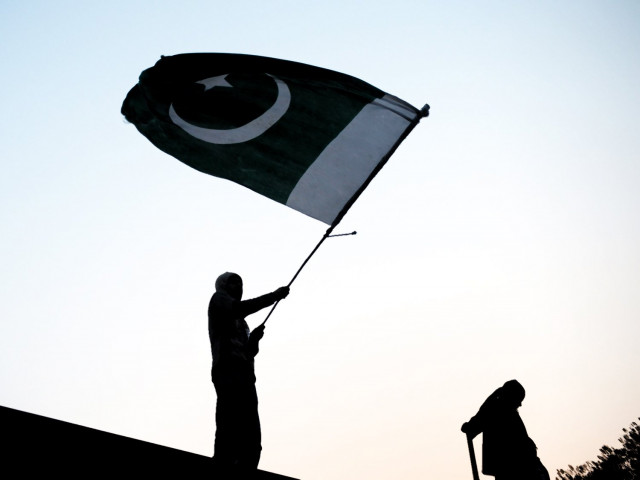
PHOTO: AFP
Its belated move to suspend assistance, after years of mistrust, highlights the perils of alienating a quasi-ally whose support is vital in the long-running Afghan conflict.
The dramatic freeze in deliveries of military equipment and security funding comes after US President Donald Trump lambasted Pakistan for its alleged support for militant safe havens, including in a furious new year tweet.
Why Trump's strategy on Pakistan may not work
Washington and Kabul accuse Pakistan of cynically supporting militant groups including the Afghan Taliban and the Haqqani group.
They say the insurgents have safe havens in Pakistan's border areas and links to its shadowy military establishment, which aims to use them in Afghanistan as a regional bulwark against arch-nemesis India.
Pakistan's support for these groups must end, Washington insists.
Islamabad has repeatedly denied the accusations, insisting it has eradicated safe havens and accusing the US of ignoring the thousands who have been killed on Pakistani soil and the billions spent fighting extremists.
It also levels the same charge at Kabul, accusing Afghanistan of harbouring militants on its side of the border who then launch attacks on Pakistan.
US aid has been suspended before, notably after the US raid on the Pakistani town of Abbotabad in 2011 that killed al Qaeda leader Osama bin Laden.
The discovery of the world's most wanted man, less than a mile from Pakistan's elite military academy, drew suspicions that he had been sheltered by the country's intelligence agency for years.
US president raps Pakistan in first tweet of 2018
But despite the provocations, the US does not want to completely rupture its relationship with Pakistan, where anti-American sentiment already runs high.
Washington's footprint in Afghanistan is much smaller than it was at the height of the war, and it needs access to Pakistan's supply lines and airspace.
Pakistan holds the Muslim world's only known nuclear arsenal and the US wants to prevent it from going to war with rival nuclear power India, or collapsing and allowing the weapons to fall into the hands of extremists.
"They want to apply graduated pressure to Pakistan to change its policy, rather than abandon it altogether," security analyst Hasan Askari said.
Some analysts have said there is no real way to pressure Pakistan, which believes keeping Kabul out of nemesis India's orbit is more important than clamping down on cross-border militancy.
Askari warned the suspension of millions of dollars in security assistance might see the US lose crucial influence over Pakistan which will instead look to other countries for support.
Pakistan knows what it needs to do, says US
China - which is investing some $60 billion in infrastructure projects in Pakistan - was the first to rush to Pakistan's defence after Trump's latest tweet criticising its militant policy.
But China may also prove to be intolerant of any double-dealing with extremists.
It has a horror of militancy and its own interests in keeping Pakistan and Afghanistan stable, from protecting its investment to ensuring security on the borders with its vast, restive western province of Xinjiang.
In the end, observers say, until Washington addresses Pakistan's fears over India, it will not shake its support for militant proxies.
"There's no amount of bribery or threat that can ultimately make people act against what they consider to be their core interests," tweeted journalist Murtaza Mohammad Hussain.

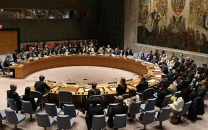
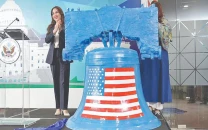
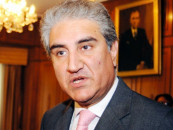
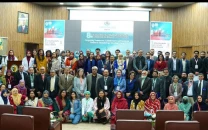














COMMENTS
Comments are moderated and generally will be posted if they are on-topic and not abusive.
For more information, please see our Comments FAQ